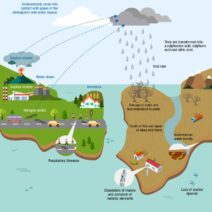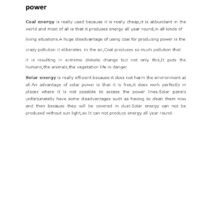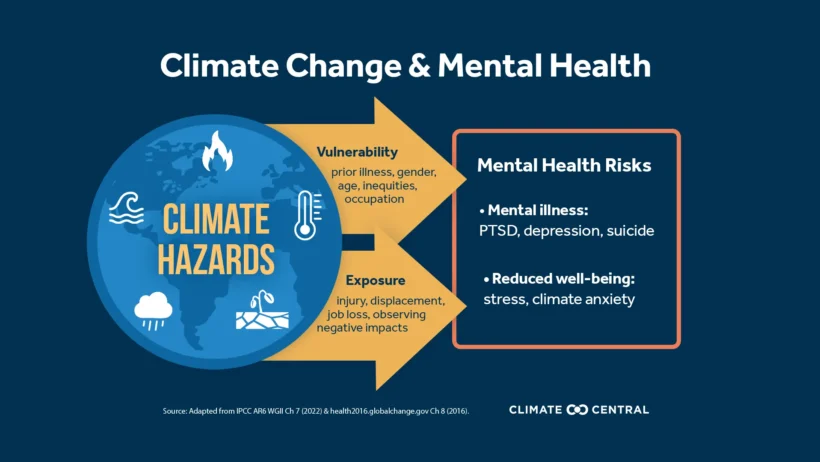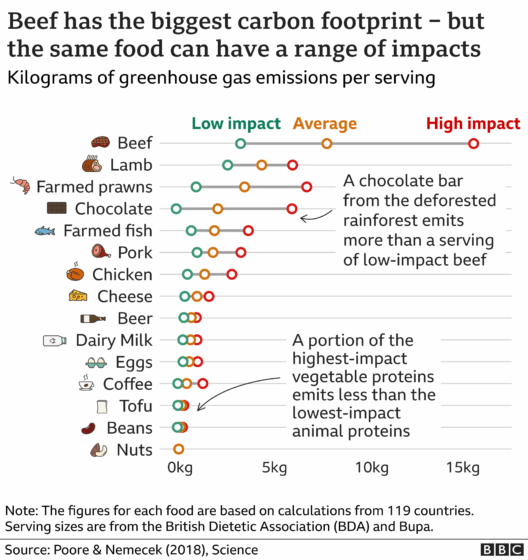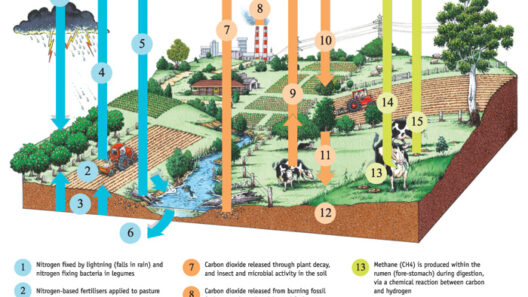The ramifications of climate change are often presented through the lens of rising temperatures, fluctuating weather patterns, and endangered species. Yet, amid these pressing environmental concerns lies an urgent, yet frequently overlooked aspect of the crisis: its profound impact on mental health. As ecosystems become destabilized, and natural disasters alter the landscape of our lives, the psychological toll continues to expand, affecting individuals and communities in ways that merit rigorous examination.
Research indicates that climate change can exacerbate pre-existing mental health issues and even lead to new disorders. The psychological impacts manifest through mechanisms such as displacement, helplessness, and chronic stress. Individuals facing the loss of their homes due to extreme weather events may experience what is known as “solastalgia”—a term that describes the distress caused by environmental change. Solastalgia captures the essence of a reality where one’s familiar landscape transforms beyond recognition, provoking an acute sense of loss and dislocation.
Moreover, the inherent uncertainty surrounding climate change engenders existential anxiety—a cognitive state characterized by overwhelming feelings of uncertainty about the future. This anxiety can escalate into phenomena such as eco-anxiety, where individuals feel pervasive dread regarding environmental degradation. Many young people grapple with this malaise, feeling burdened by the weight of legacy and the actions (or inactions) of previous generations. The chronic emotional strain fed by this existential dread can lead to symptoms akin to those found in anxiety disorders: restlessness, rumination, and tension.
Natural disasters—hurricanes, floods, wildfires—are often the most visible facets of climate change. With increasing frequency and intensity, these calamities can precipitate post-traumatic stress disorder (PTSD) among survivors. The aftermath often engenders a complex tapestry of psychological repercussions, weaving together grief, loss, and trauma. Communities ravaged by hurricanes, for example, may not only contend with physical destruction but also the emotional scars that linger long after the waters recede or the fires die down.
In urban settings, the heat-induced mental health complications cannot be underscored enough. Heatwaves, increasing in duration and frequency, have been linked to higher rates of violence, aggression, and mental health crises. Communities that lack adequate resources for managing excessive heat face significant risks. Elderly populations, long-term residents, and low-income communities are disproportionately affected, experiencing intensified mental health issues as their coping mechanisms become strained. In a broader sense, this socio-environmental interplay deepens existing health disparities, illustrating how climate change does not affect all demographics equally.
The phenomenon extends to marginalized communities that bear the brunt of environmental degradation. Individuals living close to industrial sites or in areas vulnerable to flooding often find their mental health compromised by factors such as pollution and displacement. The compounded stressors of economic insecurity and environmental decay create a vicious cycle, where mental health deteriorates, further diminishing the capacity to advocate for necessary resources or engaging with support systems.
In addressing these mental health repercussions, integrating psychological support into climate resilience strategies becomes crucial. It is imperative to develop frameworks that couple environmental recovery with mental health services, particularly in affected communities. This dual approach ensures that as we rebuild physical infrastructures, we also fortify the emotional and psychological foundations of those who have endured traumatic experiences.
Furthermore, education plays a pivotal role. By fostering awareness about the interconnectedness of climate change and mental health, we empower individuals. Programs aimed at enhancing social cohesion and providing coping strategies can significantly ameliorate feelings of helplessness. Initiatives like community gardening or local climate advocacy can engender a sense of agency and connection, allowing individuals to reclaim a semblance of control in their lives.
Additionally, themes of grief and loss should be incorporated into educational and therapeutic approaches. Helping individuals articulate their feelings about environmental changes or losses can catalyze the healing process. By normalizing discussions surrounding eco-anxiety or solastalgia, we can create supportive environments where individuals feel seen and heard in their struggles.
Incorporating mental health considerations into strategies for addressing climate change transcends mere awareness; it is a call for action. Policymakers, mental health professionals, and community leaders must synergistically advance initiatives that prioritize mental well-being alongside environmental stewardship. This integration acknowledges that to truly combat climate change, we must also tend to the psychological ramifications ingrained in its narratives.
Studies are paving the way for an enriched understanding of this intersection, highlighting the necessity of interdisciplinary collaboration. Health professionals, environmental scientists, and educators must converge to illuminate this critical relationship, ensuring that mental health considerations are embedded within climate action plans. Only through a holistic approach can we begin to remedy the psychological toll exacted by climate change.
In conclusion, the discourse surrounding climate change must evolve to include the significant mental health challenges that accompany environmental degradation. As we confront one of the most pressing issues of our time, acknowledging the emotional toll is not just a matter of comprehensive understanding; it is imperative for fostering resilient societies capable of navigating the complexities of a changing planet. Engaging with this hidden toll does not merely enhance our comprehension of climate change; it humanizes the narrative, urging collective action for both our planet and our mental well-being.
